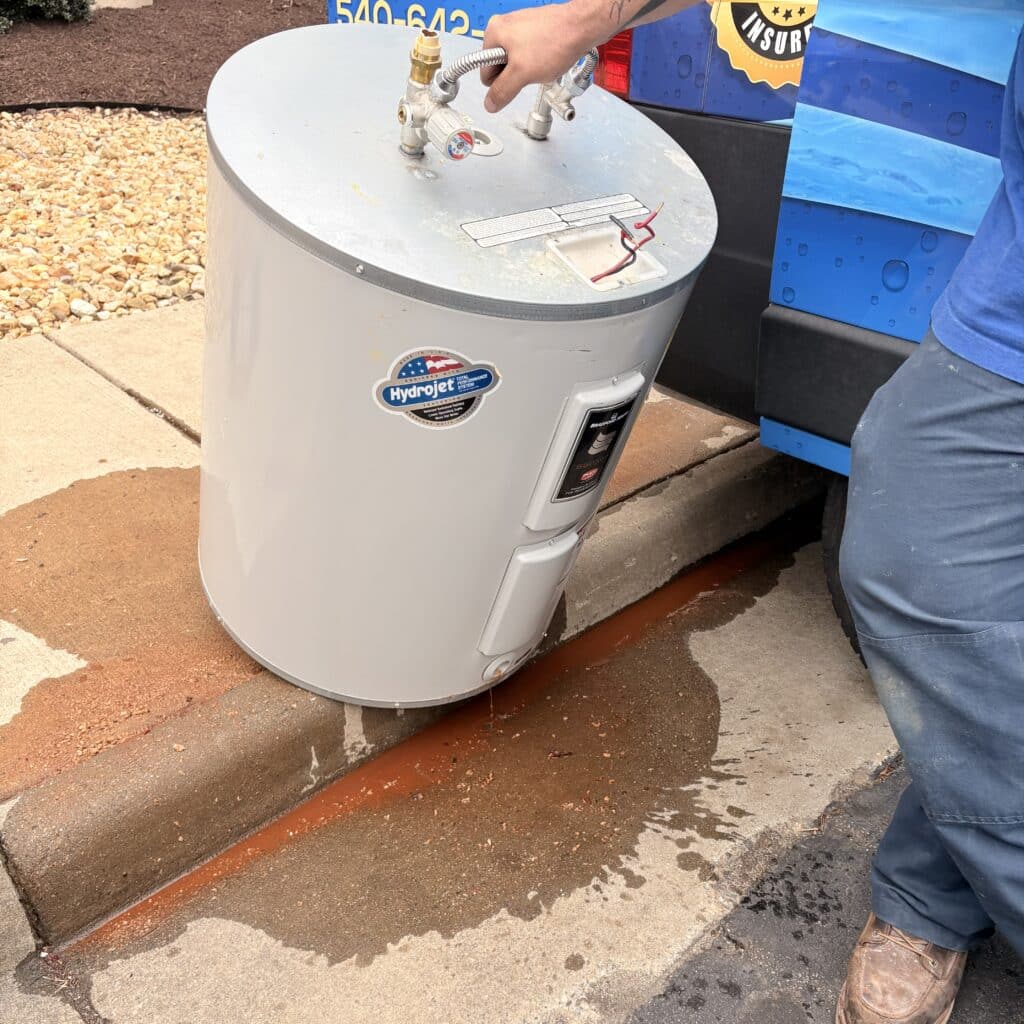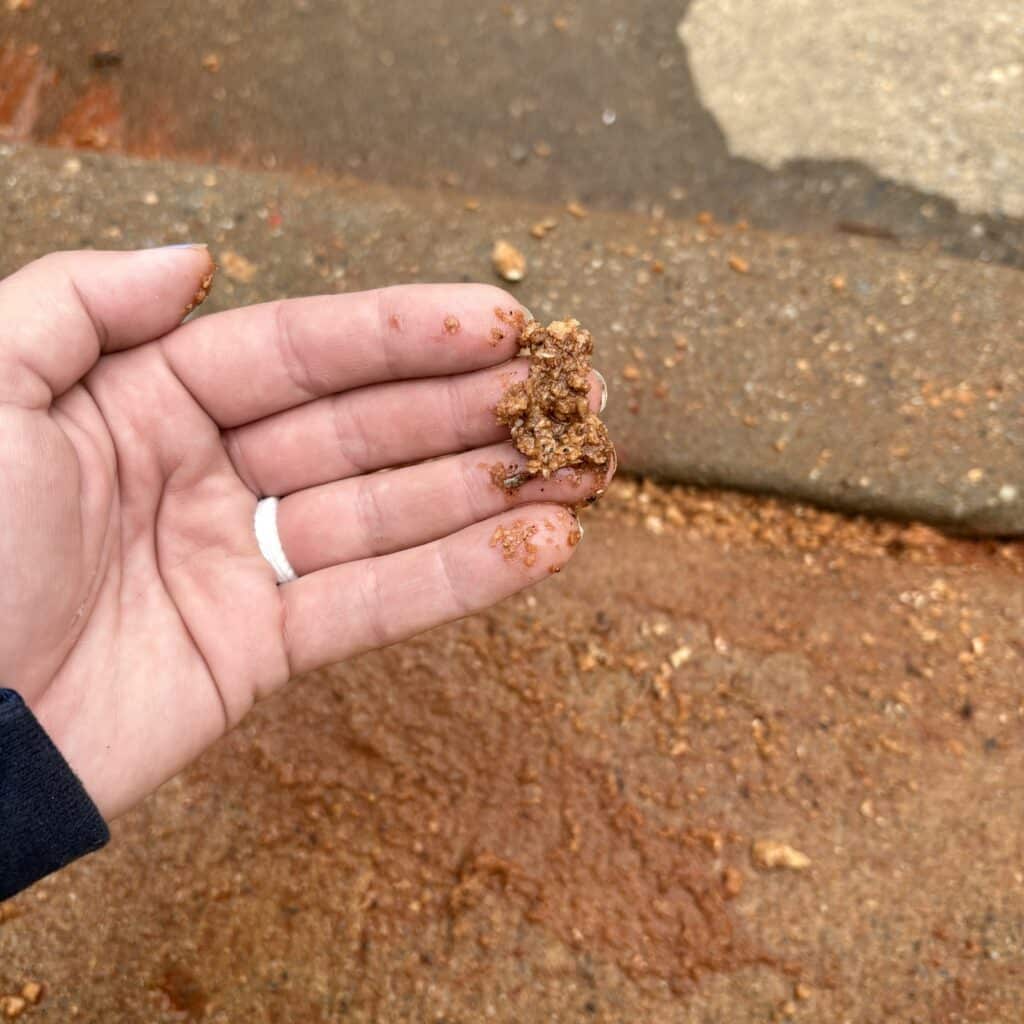Your water heater works hard every day to provide hot showers, clean dishes, and clean laundry. But did you know that over time, sediment buildup inside the tank can reduce its efficiency and even shorten its lifespan? That’s why regular maintenance—like an annual flush—is essential to keeping your water heater running smoothly.
Why Should You Flush Your Water Heater Every Year?
Over time, minerals like calcium and magnesium settle at the bottom of your water heater tank, forming a layer of sediment. This buildup can cause your water heater to work even harder to heat the water inside. Annual flushes can remove this sediment providing the following benefits:
Better Efficiency
A tank full of sediment takes longer and more energy to heat. Flushing out the sediment means your water heater will be able to work more efficiently.
Longer Lifespan
The more efficiently your water heater works, the less stress is put on the internal functioning parts. This means your water heater will last longer than if it was never flushed.
Reduced Risk Of Repairs
Likewise, the less stress you put on your water heater the lower the risk of needing costly repairs or early replacement.


When NOT To Flush Your Water Heater
If your water heater hasn’t been flushed in several years, flushing it now might actually do more harm than good. Here’s why:
Leaks May Develop
Over time, sediment can harden and act like a barrier inside the tank. If your tank is old and heavily coated with sediment, removing it all at once could expose weak spots, potentially leading to leaks.
Loosened Sediment Can Clog Pipes
If too much sediment has built up, suddenly flushing it out can cause chunks to break loose and clog your plumbing or damage the tank’s drain valve.
What Should You Do Instead?
If it’s been a long time since your water heater was flushed, or if it’s a few years old and it’s never been flushed, now is NOT the time to start. Instead you should monitor your water heater for warning signs when it may be nearing the end of it’s life:
- Rumbling noises when it is heating
- Decreased hot water output
- Rusty-colored hot water
- Leaking from the tank
We always recommend placing a small water leak sensor in your water heater pan or next to the base of your water heater. This sensor will alert you to a leak before it turns into a disaster.
